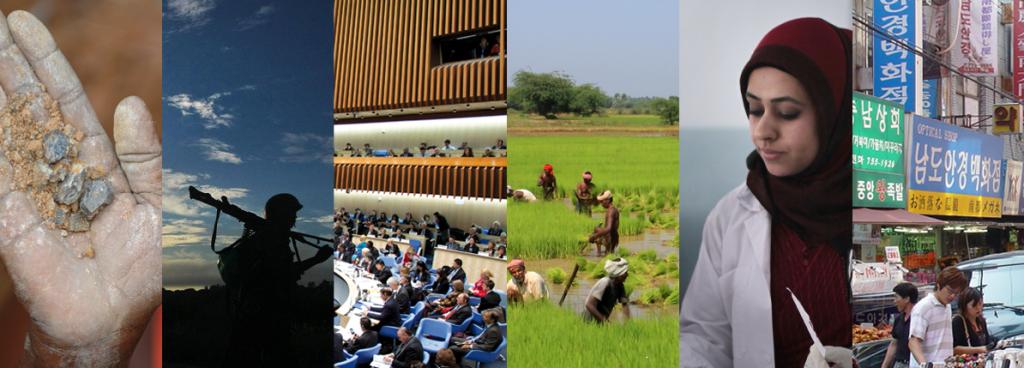Eugenia Robles, Master candidate in Anthropology and Sociology of Development, has won third place at the Ideas for Action Competition, an initiative led by the World Bank and the Wharton Business School to gather project ideas relating to the Sustainable Development Goals (SDGs). She came ahead of teams from over 130 countries, and will subsequently present her project, Decreasing Poverty in the Mining Communities of the World through the Empowerment in the Control of Mining Royalty Funds, at the World Bank’s annual meeting in Lima, Peru, on 7 October.
Exploring why populations receiving huge amounts of mining royalties are also facing the highest levels of poverty in the world, the project was inspired by the case of one Peruvian community in particular whose land has been exploited by a mining company. Despite the company paying mining royalties towards local government for development projects, priority needs such as health, water and electricity, are still unattended.
Eugenia Robles and her team listened to, observed and closely analysed the relationships between rural communities, local governments and mining companies. They helped create a global strategy channelling the investment of mining royalties into projects addressing priority needs of populations. Their project ensures that the community is both informed and able to actively participate in the control of public spending, through an external mediator between the local government and communities. A project incubator has also been created, giving form and action to initiatives from mining communities, as well as a system to enforce sanctions against authorities who have violated regulations or misappropriated funds designated for development projects.
While other initiatives have paid attention to issues such as transparency in public expenditures or population participation in drawing up budgets, Eugenia Robles’ project is the first to combine all elements into one. “This award and recognition made me once again realise the importance of learning by listening” said Eugenia Robles. “Our dreams can be translated into projects and into better opportunities”.
Photo: team members Rolando Barreto, Diana Chaman, Alexander Spevack and Eugenia Robles (left to right)


